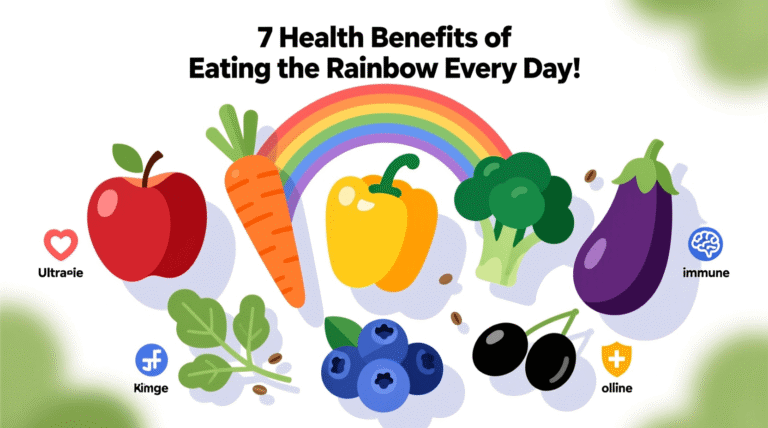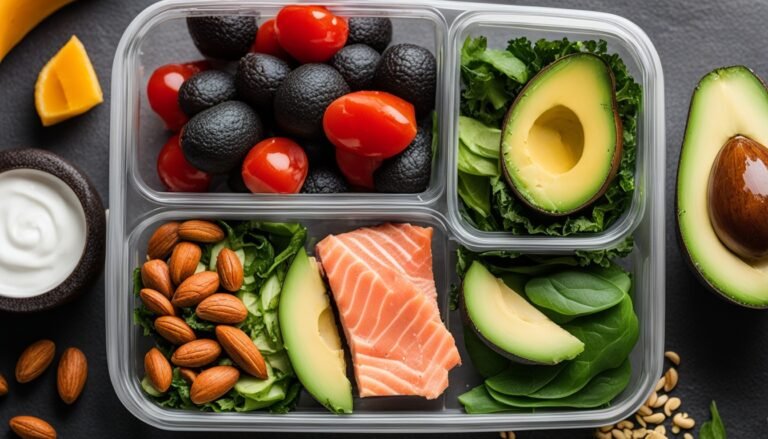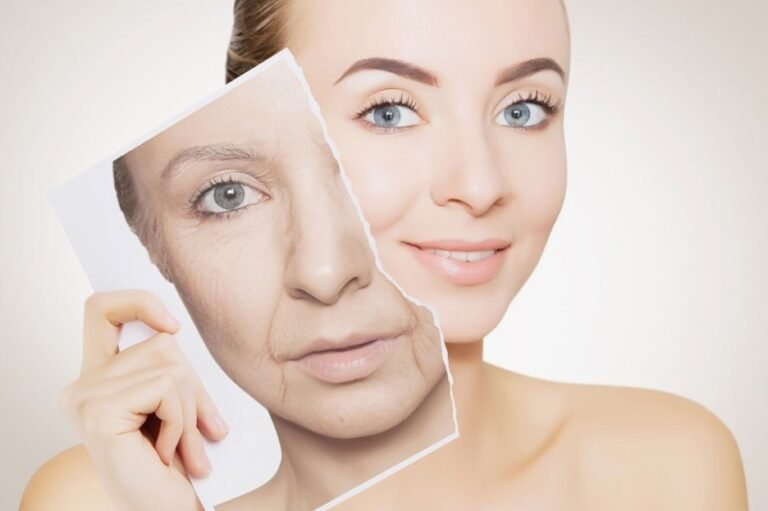Diet and Hydration for Winter Skin Health
As the winter months approach, many people find their skin becoming dry, flaky, and sometimes irritated. This seasonal shift can be challenging for maintaining healthy, glowing skin. The cold weather, combined with indoor heating, reduces humidity, stripping the skin of its natural moisture. While external skincare routines are essential, the role of diet and hydration in winter skin health is often overlooked. Understanding how what we consume impacts our skin can provide a comprehensive approach to keeping it healthy and resilient during the colder months.
Importance of Hydration for Winter Skin Health
Hydration is a cornerstone of healthy skin, particularly in winter when environmental factors are harsher. Drinking adequate water helps maintain skin elasticity, improves texture, and can even reduce the appearance of fine lines. Water aids in the removal of toxins from the body, which can otherwise manifest as skin issues. During winter, the dry air can lead to increased water loss from the body, making it crucial to replenish lost fluids.
How Much Water is Enough?
The general recommendation is to drink at least eight glasses of water per day, but individual needs can vary. Factors such as activity level, diet, and the climate you live in can affect how much water you need. In winter, it might be beneficial to increase your intake slightly to combat the drying effects of the season. Herbal teas and warm water with lemon are excellent ways to stay hydrated while also enjoying a comforting drink during the cold months.
Foods with High Water Content
In addition to drinking water, consuming foods with high water content can help maintain hydration levels. Fruits and vegetables like cucumbers, oranges, strawberries, and lettuce are excellent choices. Soups and broths are also beneficial, providing both warmth and hydration. These foods not only contribute to your daily water intake but also supply essential vitamins and minerals that support overall skin health.
Nutrients for Winter Skin Health
Proper nutrition is fundamental to winter skin health. Certain vitamins and minerals play a critical role in maintaining the skin’s barrier function and appearance.
Vitamin C
Vitamin C is a powerful antioxidant that helps protect the skin from damage caused by free radicals. It also plays a vital role in collagen production, which is essential for maintaining skin elasticity and firmness. During winter, including vitamin C-rich foods like citrus fruits, bell peppers, and broccoli in your diet can help combat the dullness and dryness that often accompanies the season.
Vitamin E
Vitamin E is another antioxidant that is crucial for skin health. It helps to protect the skin from oxidative stress and supports the skin’s natural barrier function. Nuts, seeds, and green leafy vegetables are excellent sources of vitamin E. Incorporating these into your diet can help maintain the skin’s moisture levels and prevent dryness.
Omega-3 Fatty Acids
Omega-3 fatty acids are known for their anti-inflammatory properties and their ability to maintain the skin’s lipid barrier, which is essential for keeping the skin hydrated. Foods rich in omega-3s, such as fatty fish (like salmon and mackerel), flaxseeds, and walnuts, can help reduce skin inflammation and improve overall skin health.
Zinc
Zinc plays a vital role in skin repair and regeneration. It helps to combat inflammation and supports the production of new skin cells. Foods like lean meats, legumes, and nuts are rich in zinc and should be included in your diet to support winter skin health.
Antioxidants
Antioxidants, in general, are crucial for protecting the skin from environmental damage. Foods rich in antioxidants, such as berries, dark chocolate, and green tea, can help protect the skin from oxidative stress and promote a healthy complexion.
The Role of Healthy Fats
Healthy fats are essential for maintaining the skin’s moisture barrier. They help to keep the skin hydrated from the inside out. Including sources of healthy fats in your diet, such as avocados, olive oil, and nuts, can help prevent the dryness and flakiness often associated with winter skin.
Avocados
Avocados are rich in healthy fats, particularly monounsaturated fats, which help to moisturize and protect the skin. They also contain vitamins E and C, which are important for skin health. Including avocados in your diet can provide the necessary fats and nutrients to keep your skin soft and supple during winter.
Olive Oil
Olive oil is another excellent source of healthy fats. It is rich in antioxidants and has anti-inflammatory properties. Using olive oil in cooking or as a salad dressing can help improve your skin’s moisture levels and overall health.
Importance of a Balanced Diet
A balanced diet that includes a variety of nutrients is crucial for overall health, including skin health. In winter, focusing on a diet rich in fruits, vegetables, lean proteins, and healthy fats can help maintain your skin’s health and appearance.
Fruits and Vegetables
Fruits and vegetables are rich in vitamins, minerals, and antioxidants that support skin health. Including a variety of colorful produce in your diet can help ensure you are getting the necessary nutrients to keep your skin healthy and radiant.
Lean Proteins
Proteins are essential for the repair and regeneration of skin cells. Lean proteins, such as chicken, turkey, and plant-based proteins like beans and lentils, provide the building blocks necessary for healthy skin.
The Impact of Alcohol and Caffeine
While hydration and proper nutrition are essential for winter skin health, it’s also important to consider the impact of certain substances like alcohol and caffeine. Both can have dehydrating effects on the body, which can exacerbate dry skin conditions.
Alcohol
Alcohol can dehydrate the body and the skin, leading to dryness and dullness. Limiting alcohol consumption and ensuring adequate hydration when you do drink can help mitigate its effects on the skin.
Caffeine
Caffeine, found in coffee and tea, can also have a dehydrating effect if consumed in large quantities. However, moderate consumption is generally considered safe. Balancing caffeine intake with plenty of water can help maintain hydration levels and support healthy skin.
Conclusion
Maintaining winter skin health requires a holistic approach that includes proper hydration and a balanced diet rich in essential nutrients. Drinking enough water, consuming foods with high water content, and including nutrients like vitamins C and E, omega-3 fatty acids, and antioxidants can significantly improve skin health. Additionally, limiting dehydrating substances like alcohol and caffeine and incorporating healthy fats into your diet can help keep your skin hydrated, supple, and radiant throughout the winter months. By paying attention to both what you apply on your skin and what you consume, you can effectively combat the harsh effects of winter and enjoy healthy, glowing skin all season long.
4o







